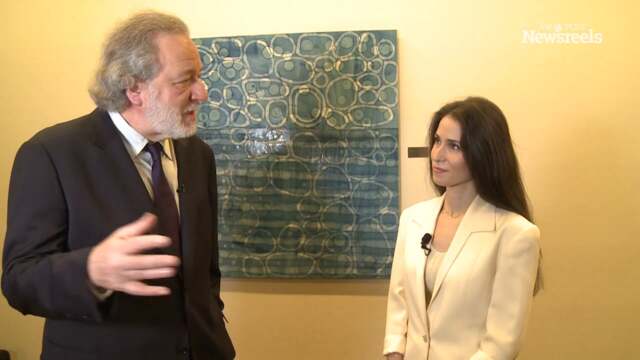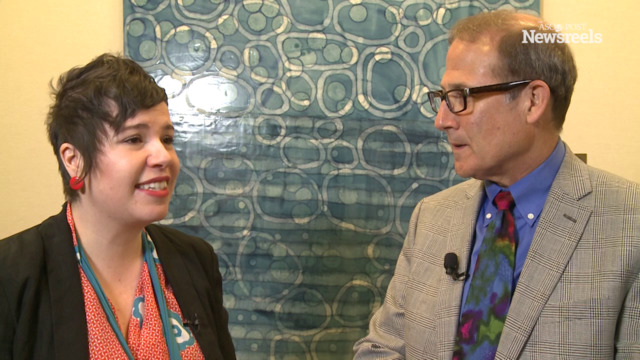Robert T. Croyle, PhD, on The 2015 NCI Initiative Expanding Health Care Delivery Research
2015 IPOS APOS World Congress of Psycho-Oncology
Robert T. Croyle, PhD, of the National Cancer Institute, discusses the research program on the variation in the quality of cancer care, our ability to monitor quality and measure outcomes, and understand the psychosocial aspects of care.
Related Videos
Allison J. Applebaum, PhD, and William S. Breitbart, MD
Allison J. Applebaum, PhD, and William S. Breitbart, MD, of Memorial Sloan Kettering Cancer Center, discuss the early days of this new treatment for despair and distress in cancer patients.
Irene Higginson, MD
Irene Higginson, MD, of Cicely Saunders International, discusses the goals of psychosocial palliative care for patients around the world with advanced cancer.
Patricia A. Ganz, MD
Patricia A. Ganz, MD, of the University of California, Los Angeles, discusses the Institute of Medicine report on patient-centered care, its relation to psychosocial services, and the role IPOS/APOS members can play.
Jeff Dunn, AO, PhD, GAICD
Jeff Dunn, AO, PhD, GAICD, of the Cancer Council Queensland, discusses reducing the burden of cancer on individuals and communities.
Bradley J. Zebrack, PhD and Ursula Sansom-Daly, PhD
Bradley J. Zebrack, PhD, of the University of Michigan School of Social Work, and Ursula Sansom-Daly, PhD, of the University of New South Wales, talk about providing supportive care services that meet the unique needs of adolescents and young adults with cancer.





